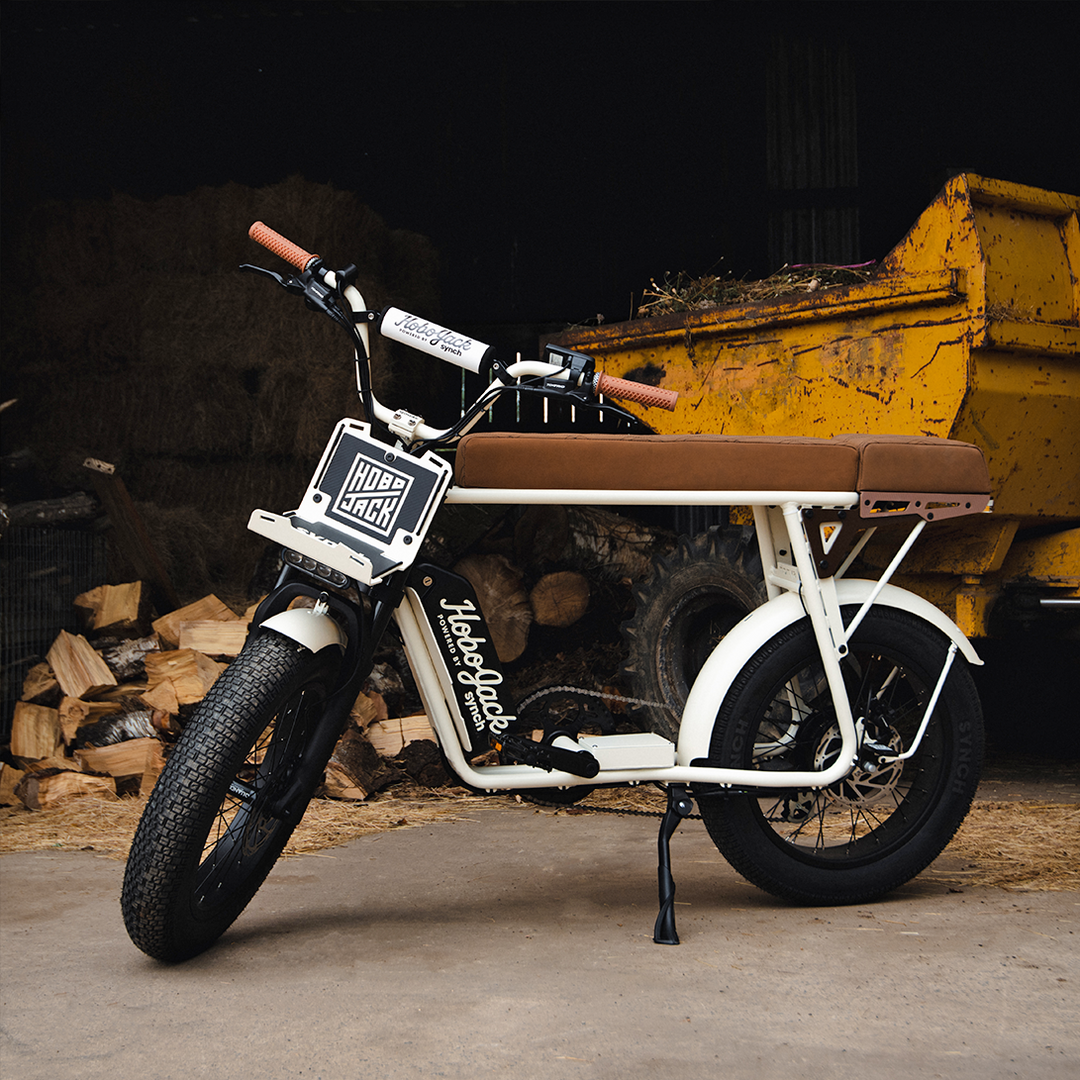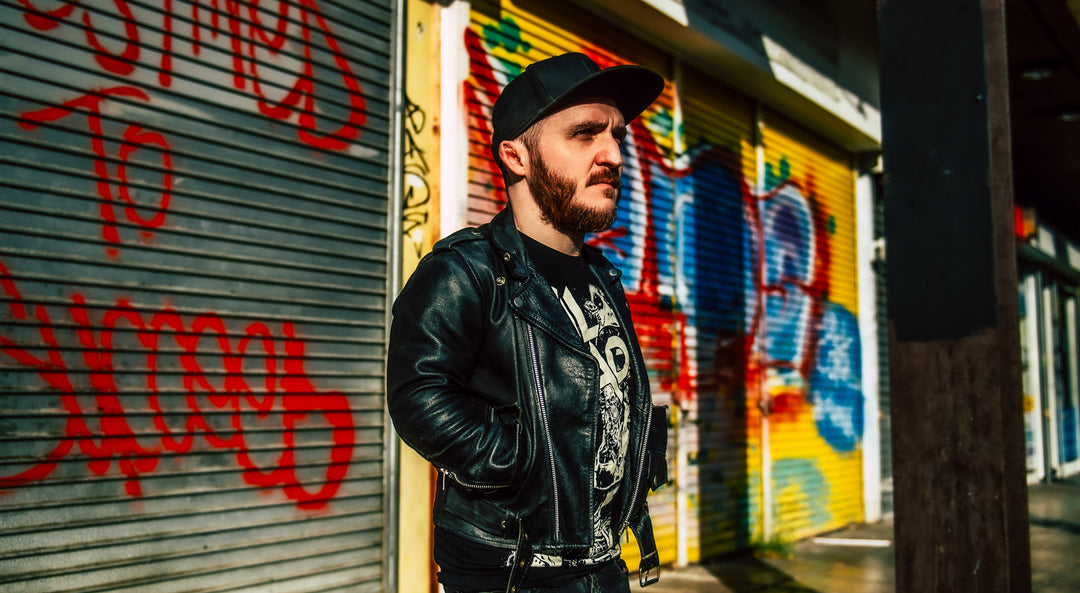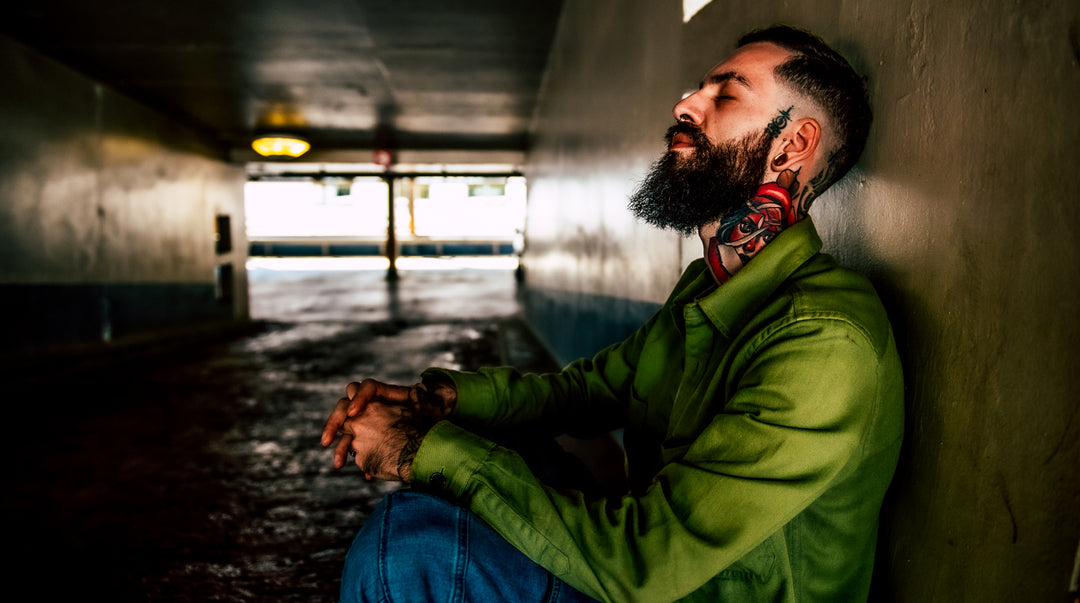INTERVIEW WITH ITALIAN DJ SAMANTHA TOGNI
“Enjoy every aspect of what you do, don't make the mistake of living only for the chase.”
When did you start DJing - and what or who were your early passions and influences?
I started playing the piano when I was about 6 years old and carried on for many years, after that I played the drums and shortly after I was in a Hardcore Punk band. When leaving Italy I left my band and discovered electronic music and then it all started. I have been Djing for about 6 years now.
What do you personally consider to be the incisive moments in your artistic career?
The moment I realised that this is my journey and no one else's. No matter how long and difficult it is, this is my story. When I stopped comparing myself and figured out that no matter how big or small it is, I am living my dream, things started changing.
What are currently your main challenges as a DJ? What is it about DJing, compared to, say, producing your own music, that makes it interesting for you?
I constantly reinvent myself and get out of my comfort zone by experimenting with new sounds. The challenge is taking the risk of trying new things and not settling for what you know has worked for you in the past.
How important is building a real relationship with the music you're playing for your own approach? There's so much music out there, is it even possible to build meaningful long-term relationships with a particular track or album?
It's necessary for me to really feel what I play, anything that gets played without feeling it, won't translate in the same way. There's so much music out there but the way some songs hit you and stay with you is not altered by the quantity of songs available to you.
When there's more music than one can possibly take in, it is becoming increasingly hard to know what constitutes an original and a remake anymore. What's your opinion on the importance of roots, traditions, respecting originals and sources?
My music is an evolution of myself. It's a necessity for me taking who I was/am and put it in my sound. That's kind of the same vision I have in music, you need to know what there was before to fully understand what certain type of music you want to express. I grew up in the punk and hardcore scene where it was all about the music and really marked my vision. Evolution and inspiration is a necessity, especially in the digital world we live, where we have access to pretty much anything.
Thanks to developments in the realm of software, DJing, playing live and producing have moved closer together than ever before, allowing DJs to change a track down the tiniest detail. How do you make use of these possibilities in your sets and is there a benefit?
My set up has always consisted of CDJs and even if the newest technology allows you to be really experimental with your sets, I feel the need of wanting to push my set up even further and be able to make them even more personal. I am developing my live set up with Anti-Foundation and Elektron which will launch next year. I am really excited about how unique and unpredictable the aspect of live performance is.
Do you believe in the possibility of "reading an audience" – and how do you put it into practice?
Totally, that comes with experience and time. By that I don't mean just by gigging out but also supporting local nights and artists, going to all sorts of shows that involve music and exploring different type of genres. Constantly keeping yourself engaged with it gives you a full understanding of what moves people.
The relationship with the audience is crucial for a DJ, and yet it seems to be a fragile one. How do you see the balance between giving the crowd what they want and treating them to something new?
Experimentation is what keeps me constantly engaged with my music. You can't always play safe.
DJs that just press play on their laptop may have given technology a bad name, but without technology, there'd be no DJing in the first place. What's your perspective on the relationship and the balance between technological advances, music and the art of DJing? How have particular technologies changed your style of DJing?
I am absolutely pro technology, if you put out a great show and there is a story that has got substance and depth , it does not really matter to me how you achieve it. Technology allows us to be quicker and delevop music faster, but also it is available to anyone nowadays. So if you don't sparkle it up with a bit of personality it will sound like the same old shit.
How much do you feel is the club experience shaped by cultural differences? Do you, when travelling, take these cultural differences into consideration – and how far has your approach as a DJ perhaps even benefited from playing in different countries and in front of different crowds?
I think it all comes down to the relationship you create with the audience in that exact moment. I have been playing in some venues here in London for a while and I can never say that it's the same feeling. That raw energy that you create in those two hours, no matter in what part of the world you are, between you and everyone else, it's the real magic.
What did you want to be when you were growing up?
I wanted to be a vet!Always loved animals more than humans I guess?
What is the best piece of advice you have ever received?
Enjoy every aspect of what you do, don't make the mistake of living only for the chase. Love the process and every bit of what your work and life consists of.
More images below from Danny Woodstock Photographer





Leave a comment